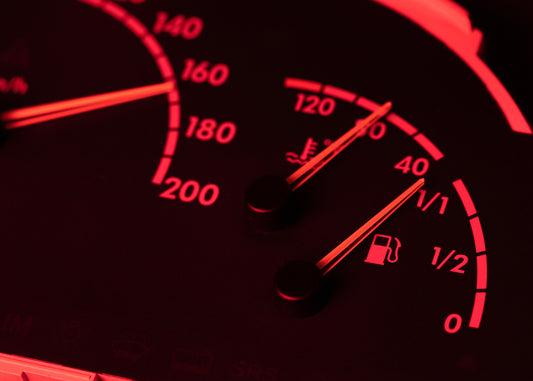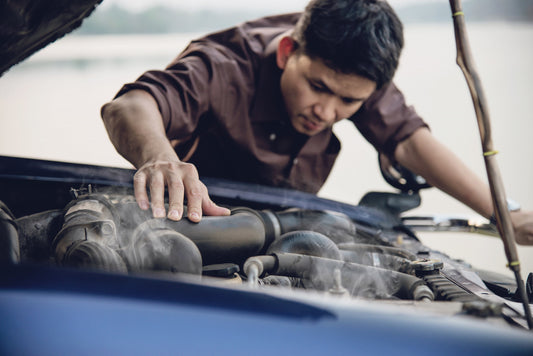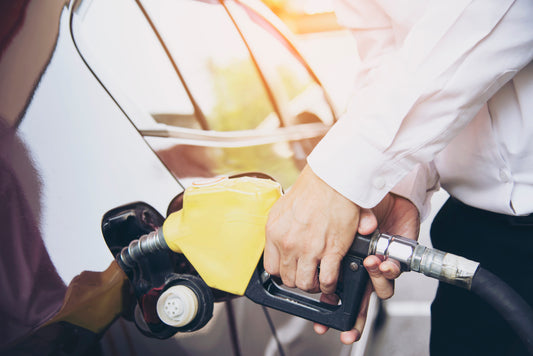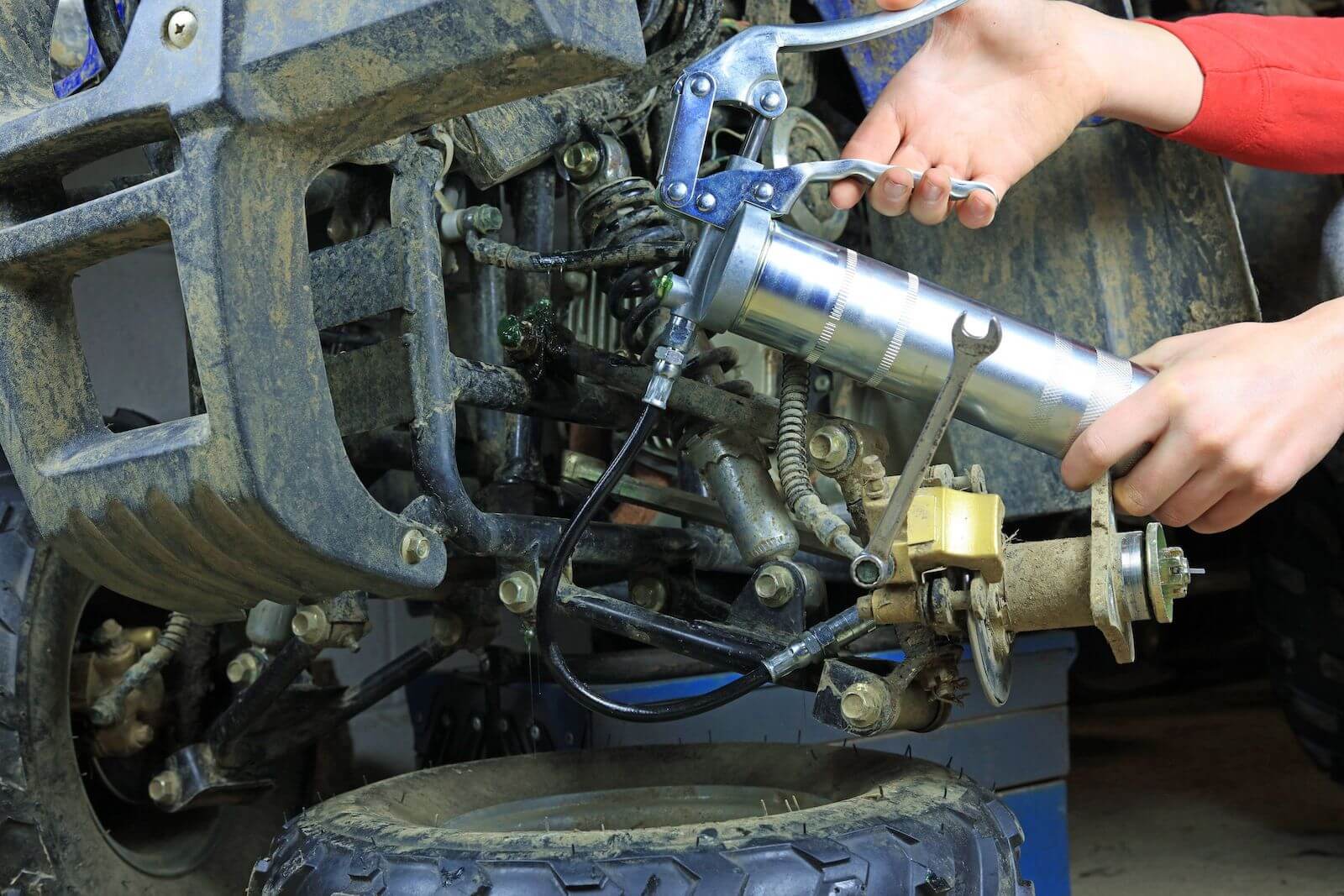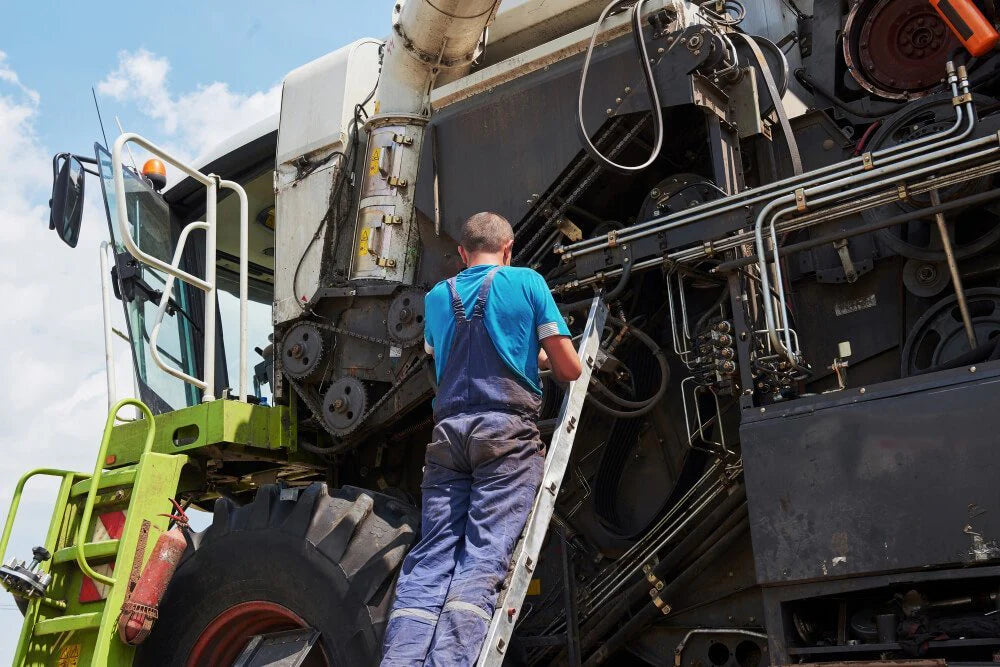Summer is in full swing, and for many Americans, it’s the perfect time to reconnect with friends and family and head out to the beach, a hiking trail, or that favorite hidden fishing spot.
However, while we’re excited to return to familiar routines, rising costs are putting a strain on budgets. Gas prices have soared to record highs, often doubling or tripling what they were just a few years ago—and the impact doesn’t stop there.
Nearly all goods and services have gone up causing many people to shop around for the biggest discount or the best deal or in some cases simply stop buying certain products or services altogether. Now, when things get a little tight it is smart to rein in spending a little, but what about products we rely on every day? Should high gas prices keep us on lockdown?
The reality is that the majority of Americans rely on vehicles to get to work, take kids to school, go shopping, and for vacation travel and do not have the option of parking the family car until gas prices drop. So here are some money-saving tips on how to Make Your Fuel Take You Farther while avoiding costly repairs.
Wash Your Car
Ever wonder why most modern cars have long flowing rounded curves whereas most of the muscle cars from the 60s, 70s, and 80s had square hard corners? It all has to do with increasing fuel efficiency and airflow.

When a car has square corners and edges its resists airflow whereas a round corner will impede airflow less. This is easily tested with an umbrella. On a windy day if you take an umbrella and face it into the wind (top of the umbrella towards the wind) the wind will flow against the top of the umbrella and down the side, if you turn it around (bottom of the umbrella towards the wind) the wind will push against the inside of the umbrella and break it, pull it from your hand, or take you for a ride.
This demonstrates a square-bodied car versus a rounded, curvy-bodied car. When a vehicle is dirty the dirt impedes the airflow around the car and the car is pushed more by the wind/airflow. Many studies have shown that a car covered with mud will on average lose 2 mpg in comparison to the same car being clean. So grab a bucket of soapy water and give your vehicle a bath! It will cost almost nothing and could save as much as 10% on your gas bill!
Right Tire Pressure
Check your tire pressure. Most cars should have between 32 and 35psi in each tire. An overinflated tire will cause the tire to wear out faster and an underinflated tire will lower fuel mileage and steering control.

A tire that is underinflated will create more drag and require more power, which in turn requires more fuel so make sure your tires are where the operator’s manual recommends.
If you want to test this principle let some air out of your bike tires and pedal around the block, then let a little more out and note the difference. You might be surprised how much more power it takes to turn a flat tire.
It is important to know that tires will naturally lose some pressure over a year from temperature changes so tire pressure should be checked at least seasonally.
Higher Levels of Ethanol in Fuel do Lower the Price/Gallon but you can Expect to Get Less MPG
Ethanol blends of gasoline are available by up 83% and are often cheaper than lower blends of ethanol gasoline, but that doesn’t mean you are saving money!
Gasoline and ethanol are very different types of fuel and have different levels of potential energy. Gasoline has high potential energy whereas ethanol has lower potential energy which equals higher mpg with gasoline and lower mpg with ethanol.
Think about throwing a piece of cardboard on fire in comparison to a piece of wood. The cardboard will burn very quickly and produce heat for a very short time whereas the piece of wood will burn slower and produce heat for a long time.
In this example ethanol is the cardboard, it just doesn’t have the energy potential to power a car as far as the same amount of gasoline would. The important thing to remember is that cheap fuel doesn’t always mean the best deal.
Change your Car’s Engine oil on time and consider additives
Making sure you change your car’s engine oil is important for two reasons:

- Engine oil slowly degrades over time and slowly loses its ability to properly lubricate the engine. If you don’t regularly change the engine oil, you may end up with a big repair bill!
- Engine oil that is old or degraded can lower fuel mileage as it loses its ability to keep metal parts gliding past one another. It is also important to remember that not all engine oils are created equal.
All engine oils have additives in them to lower friction, increase slipperiness, and keep engine parts clean. Specialized additives are available to further reduce friction and make it easier for the engine to turn, these specialized additives are often used by racing teams to maximize speed and performance.
However, these additives also have advantages for common cars. By reducing friction engine oil additives can improve fuel mileage! It is important to do the math on the additive beforehand though. Let’s look at AirTec Micro Ceramic Oil. It is priced at $30.12 for a 250ml that will treat the engine oil volume of most cars. It states that the micro-ceramic additive will coat metal surfaces for up to 30,000 miles and stays on the metal surfaces even when the oil is changed.

Test data shows the additive will decrease fuel consumption by up to 3.5%.
If your car gets 30mpg how much can you save? 30,000miles / 30 =1000 gallons of fuel
1000 gallons of fuel times $4.5/gallon =$4500. 3.5% savings would equate to $157.5 saved!
If your car gets 20mpg you would save $236.25!
If you drive a semi-truck you could save up to $630!
Just remember not all additives are created equal and some will not save you any money as they do not increase performance so be sure to use a tested oil additive!
When we made this list we chose tips that have low to no cost and should be done routinely as part of a good maintenance schedule. This means not only will these tips help you save money on gas they will also help you save on repair costs! So make sure you take advantage of these money-saving tips. Most importantly buckle up, stay off your phone, and have a safe summer of traveling!


